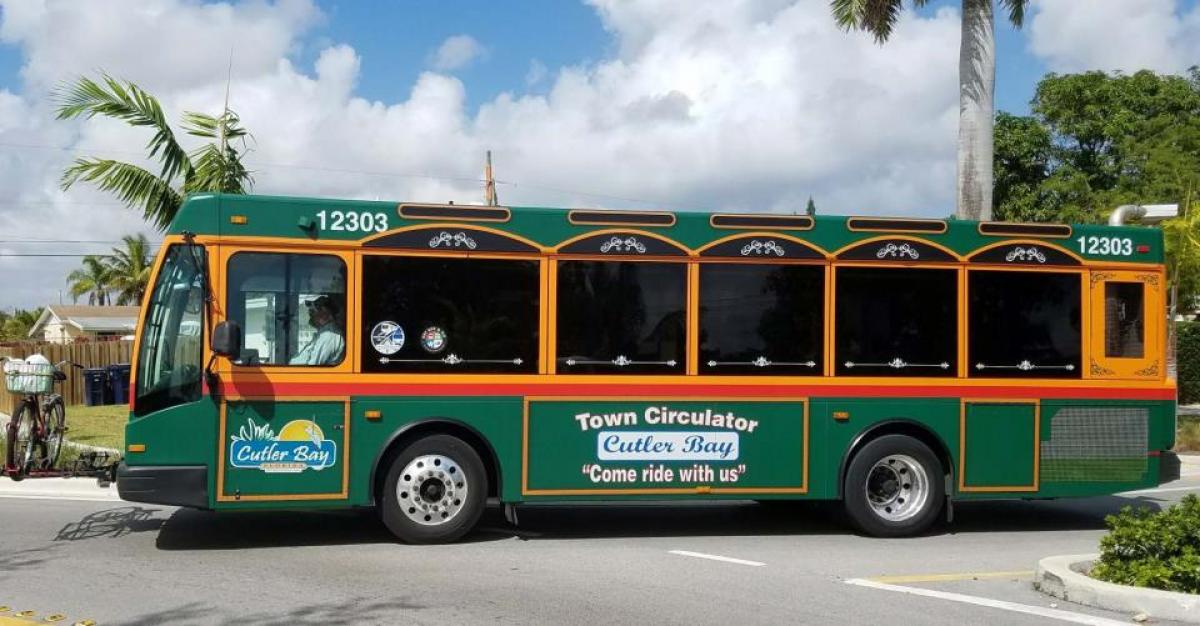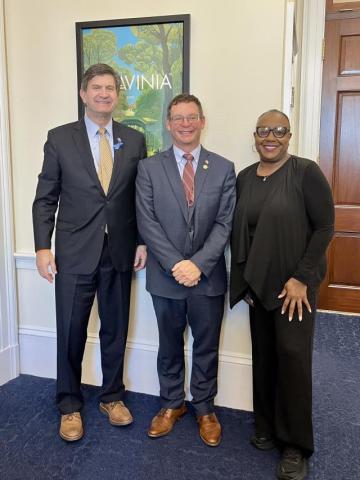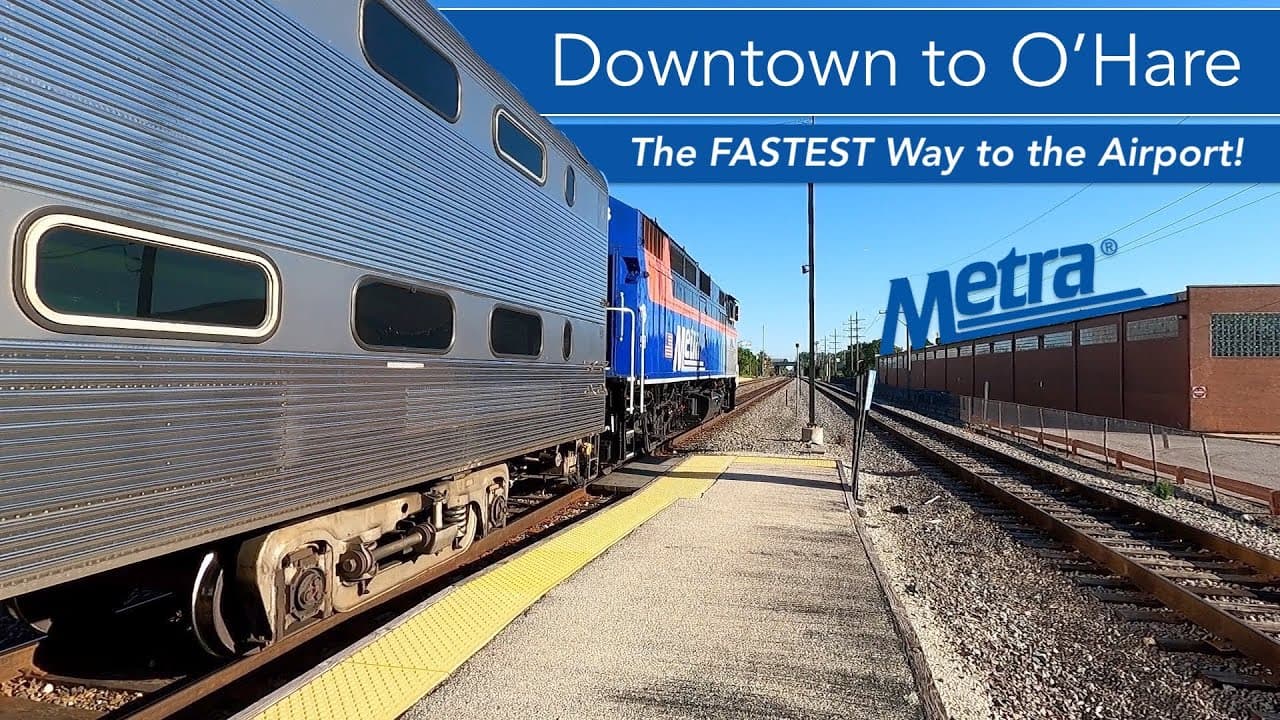Transit agencies across the U.S. are teetering on the edge of disaster, with a looming $730 million funding gap that could push vital commuter rail services into oblivion. As federal COVID-19 relief funds dry up, cities like Chicago and Miami scramble to avoid a doom spiral that threatens to crumple essential public services and leave millions stranded.
Transit Agencies Face Financial Catastrophe
According to APTA, the pandemic has left public transit agencies across the country in a perilous state. The absence of robust funding mechanisms and outdated budget formulas are pushing these essential services to the brink. In Chicago, Metra"s CEO Jim Derwinski highlights a fiscal cliff that is decades in the making, one that reaches back to 2008 when operating formulas were last updated. This stagnation has created a budget hole that threatens not only the rail system but the entire economic fabric of the region.
Consequences for Working Families
The implications are dire for working families who rely on commuter rail to get to their jobs, schools, and essential services. Every commuter rail car on the tracks means fewer cars on the road, alleviating congestion and reducing carbon emissions. A report from NCBI emphasizes the vital role public transit plays in reducing greenhouse gas emissions and promoting sustainable urban growth. If these rail services collapse, congestion will worsen, air quality will deteriorate, and public health will suffer, particularly for low-income communities that are disproportionately affected by pollution and long commutes.

Town Transportation | Town of Cutler Bay Florida
Fighting for Equity in Transit Funding
Transit leaders like Dave Dech of the South Florida Regional Transportation Authority (SFRTA) are fighting against a funding model that has not been adjusted for inflation in decades. The state of Florida is pushing for local counties to shoulder the entire financial burden of the railroad, an untenable solution that would likely lead to service cuts and fare hikes that disproportionately affect lower-income riders. As reported by FTA, equitable access to public transportation is essential for social mobility, yet this model threatens to erode the very fabric of community connectivity.
Urgent Call for Structural Solutions
Both Metra and SFRTA are advocating for comprehensive reform that includes revisiting funding formulas every five years and developing new revenue streams like special tax districts and dedicated taxes for transit. These measures are not just necessary for fiscal stability; they are essential for a climate-conscious future. As highlighted in a recent study, effective public transit is pivotal for reducing overall emissions and achieving local climate goals.

10th News: The House Has a Speaker — And a Lot of Work to Do ...
Immediate Action Required from Lawmakers
As federal support dwindles, the responsibility falls to local and state lawmakers to prioritize transit funding as a public utility rather than a profit-driven enterprise. Derwinski and Dech are imploring politicians to recognize the long-term economic returns from investing in commuter rail. The return on investment is palpable: improved housing values, better access to jobs, and a healthier environment. Failure to act now could lead to a catastrophic loss of transit options, exacerbating economic inequality and environmental degradation.







![[Video] Gunfire between Iraqi security forces and Sadr militias in Baghdad](/_next/image?url=%2Fapi%2Fimage%2Fthumbnails%2Fthumbnail-1768343508874-4redb-thumbnail.jpg&w=3840&q=75)
